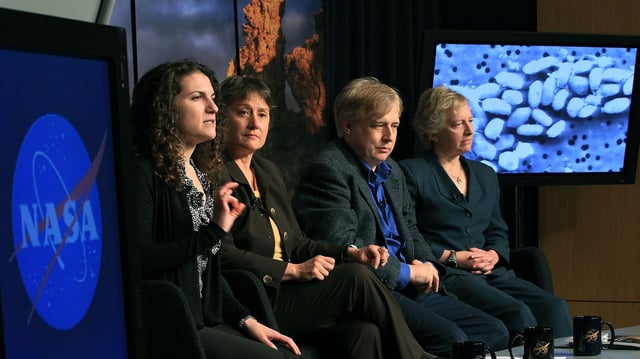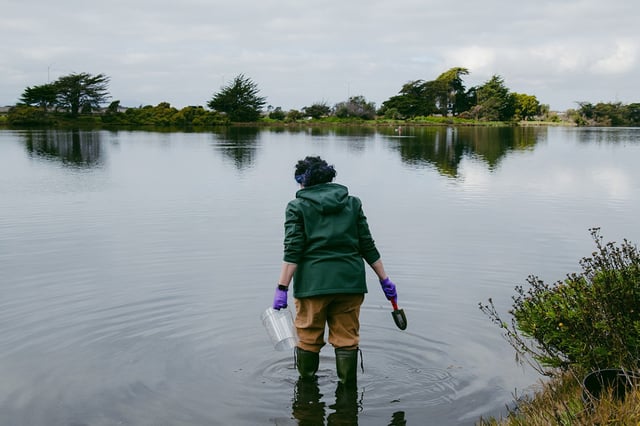Overview
- On July 24, 2025, Science formally retracted the landmark 2010 study claiming a Mono Lake bacterium could substitute arsenic for phosphorus after concluding its experiments do not support the key claim.
- Editor-in-chief Holden Thorp noted that although there was no misconduct, two 2012 follow-up studies found the microbe merely sequestered arsenic and that phosphate contamination likely explained the original results.
- The retraction marks a deliberate shift in Science’s policy to allow removal of papers whose experiments fail to uphold their conclusions, rather than restricting retractions to cases of fraud or misconduct.
- Lead author Felisa Wolfe-Simon and her co-authors have contested the decision, arguing that scientific disputes over data interpretation should be adjudicated through community scrutiny and replication rather than journal intervention.
- Microbiologist Rosie Redfield and geneticist Leonid Kruglyak welcomed the retraction as a necessary step to prevent flawed conclusions from persisting in the literature and confusing new researchers.



